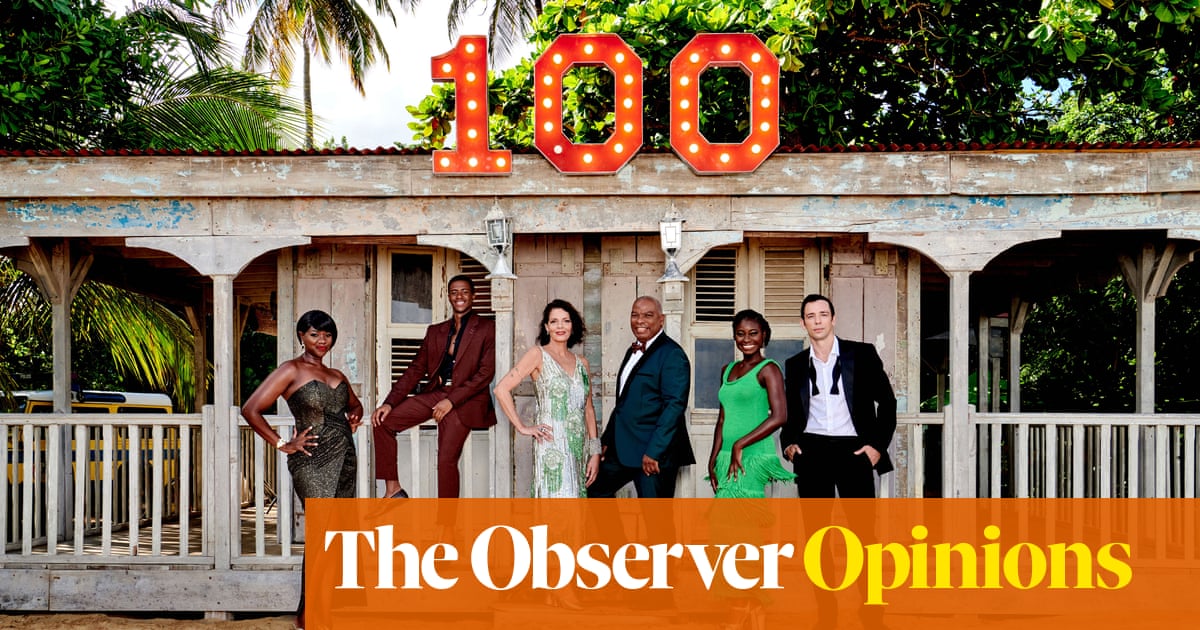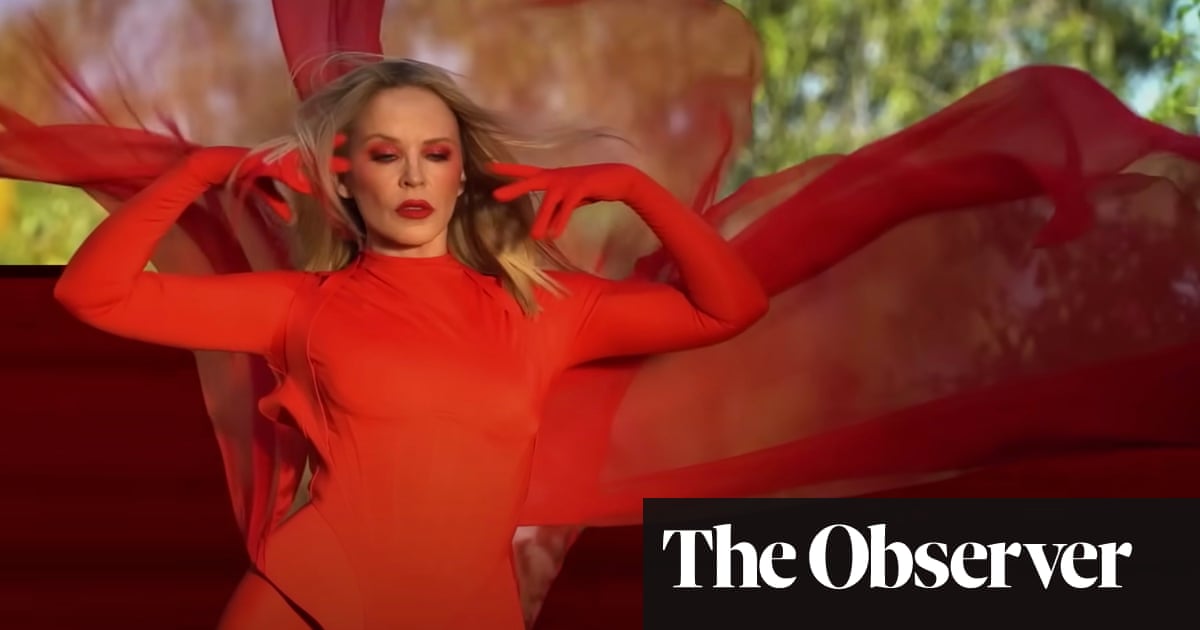
Tonight, without anyone really noticing, Death in Paradise hits its 100th episode. By stealth, the deeply uncool BBC series has clocked up more instalments than Happy Valley, Sherlock, Luther, Cracker and Prime Suspect put together. How did this TV travesty happen? Why is such a vanilla production one of our longest-running crime dramas?
For a start, Death in Paradise is unerringly popular. Averaging 8 million viewers, it was British TV’s second most-watched drama last year – behind the aforementioned Happy Valley – and the sixth most-watched programme overall. Its new spinoff, Beyond Paradise, was placed eighth. Another offshoot, Return to Paradise, lands later this year. Somehow the Paradise franchise has become one of the BBC’s biggest properties, exported to more than 240 territories worldwide.
What’s the secret of its abiding but slightly baffling appeal? Well, it’s both narratively and visually soothing. The Caribbean setting – it’s filmed on Guadeloupe, all palm-fringed beaches and turquoise seas – is escapism for the eyes. Cannily scheduled to air during the dark UK winter, it’s like dreamily leafing through a holiday brochure. Meanwhile, its plots are classic cosy crime. Every episode follows a reassuringly familiar formula. There’s a murder. The local plod investigate, led by a fish-out-of-water British detective. The lead DI gazes at his evidence board and has a flash of inspiration. He gathers all the suspects in one room, Poirot-style, to unmask the culprit, while the dastardly deed is shown in flashback. The killer gets carted off in handcuffs. Everyone hits the beach bar to celebrate. Roll credits and cue reggae-tinged theme tune. It’s a textbook whodunnit with the satisfaction of a puzzle solved. The good guys win. The villains lose. Order is restored to the universe. Is it time for bed yet?
Alongside The Traitors and Mr Bates vs the Post Office – headline-hoggers for very different reasons – the new year TV phenomenon was the Netflix adaptation of Harlan Coben’s Fool Me Once. During the first week of 2024, the Michelle Keegan-led thriller was the most streamed show on any platform, clocking up record views. Netflix has duly green-lit another two series from the author. These will join previous Coben creations on the streamer, such as The Stranger, Safe and Stay Close – all similarly tense domestic melodramas, packed with plot twists.
GQ recently dubbed the Coben universe “the greasy takeaway of TV”. You scroll, they catch your eye and you can’t help yourself. You greedily binge, then feel slightly grubby and guilty afterwards. Other examples include Reacher, You, The Night Agent and Idris Elba’s Hijack. Addictively gripping shows with which you become briefly obsessed, then throw away and never think about again. Slate termed it “trough TV” – a tier of popular but middling shows, below the rank of prestige box sets, without the cultural cachet. If such dramas are a greasy takeaway, Death in Paradise is a televisual shepherd’s pie. Old-fashioned comfort food that combines nostalgia with nourishment. It sits in the same section of the small-screen menu as Midsomer Murders and Vera. There’s a reason why these shows tend to air on Sundays, when we fancy undemanding fare at the end of a long week.
Death in Paradise is hearty and homely. A Charlie Bigham or Delia Smith dish, compared with the dopamine hit of a cheeky Deliveroo. There’s room in our diet for both. Sometimes we need a quick fix. Other times, we want something wholesome and easy to digest. See you on the sofa for the 100th episode, perhaps with a shepherd’s pie on your lap.
Michael Hogan writes about lifestyle and entertainment, specialising in pop culture and TV












